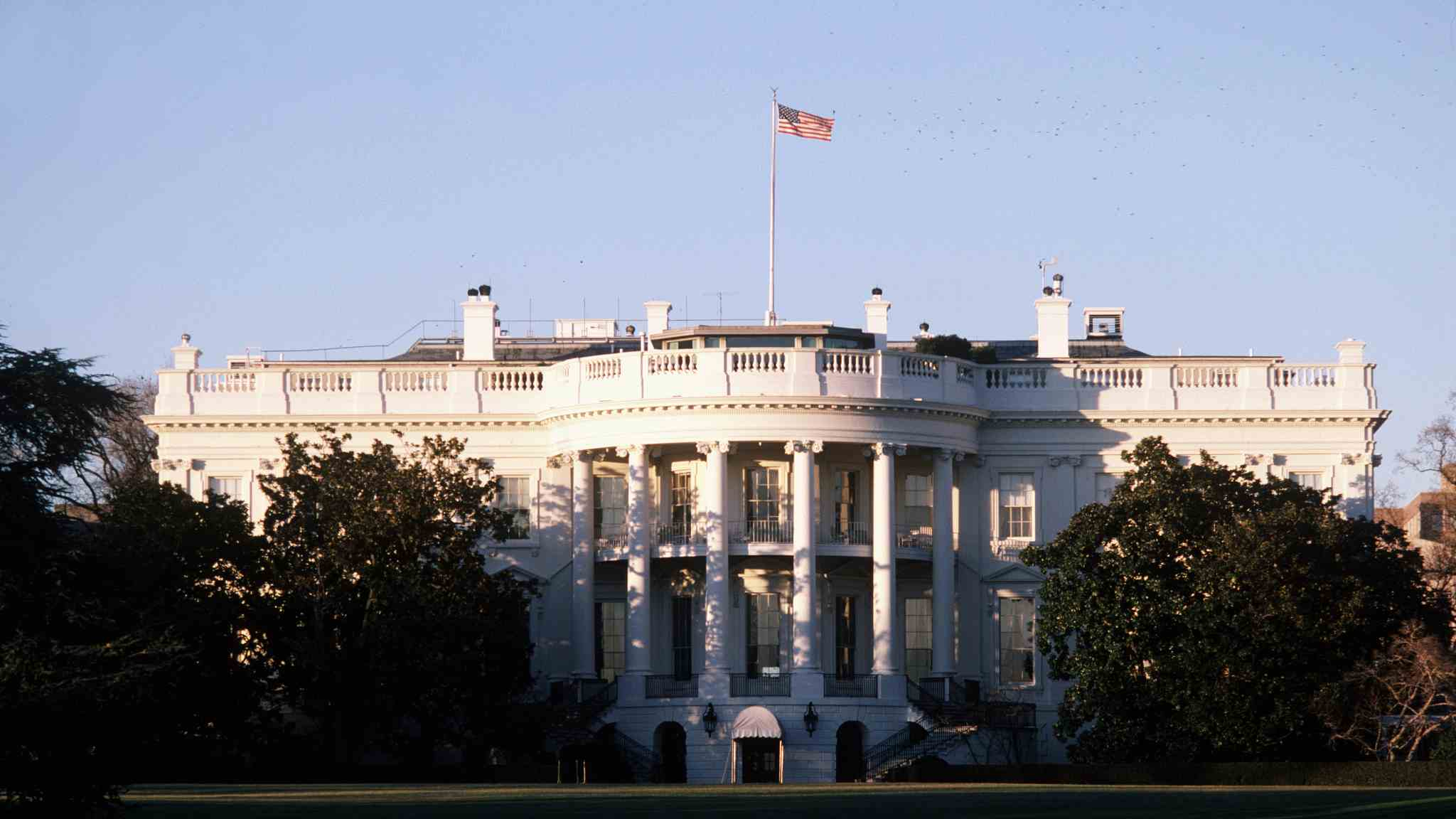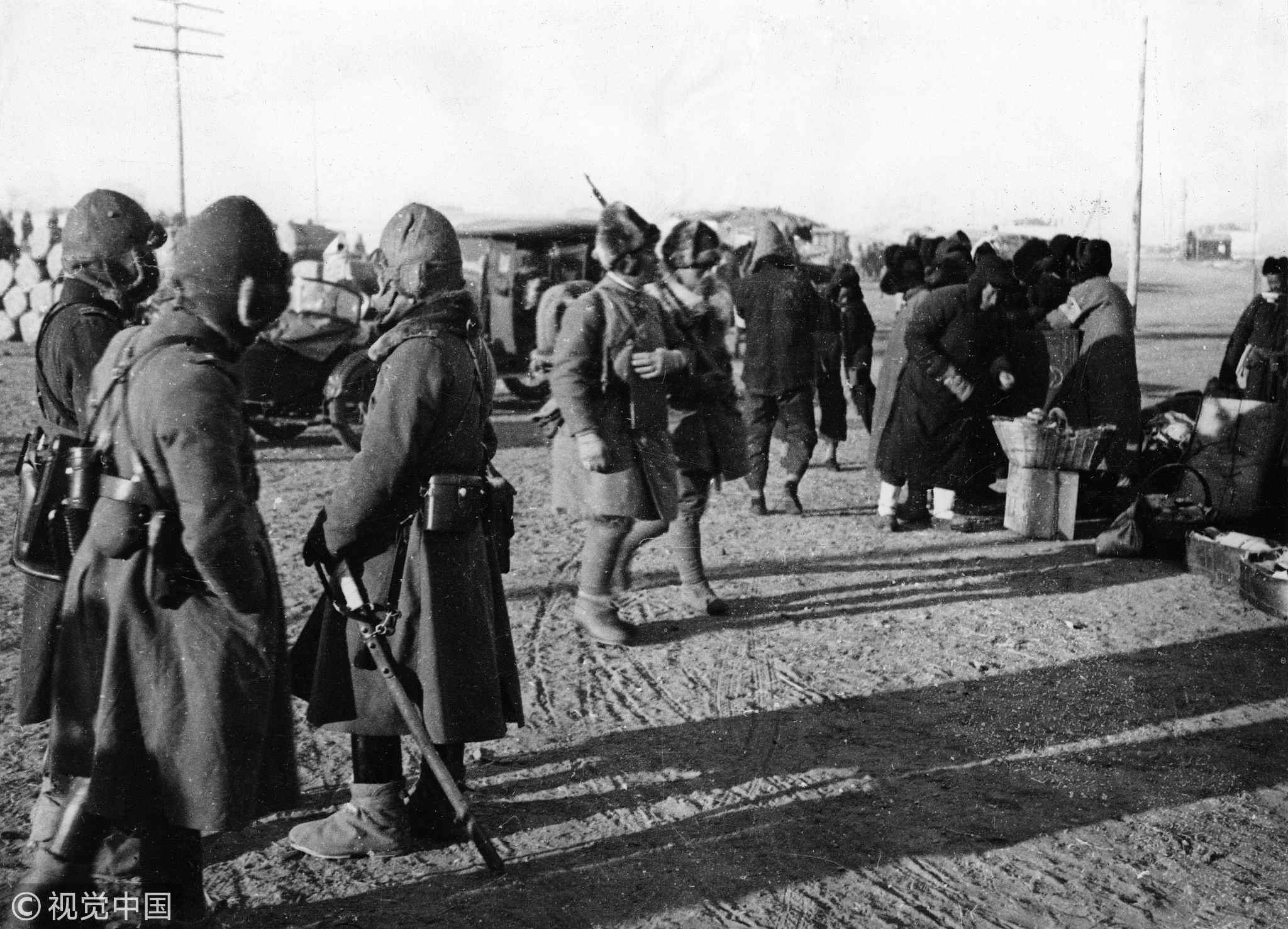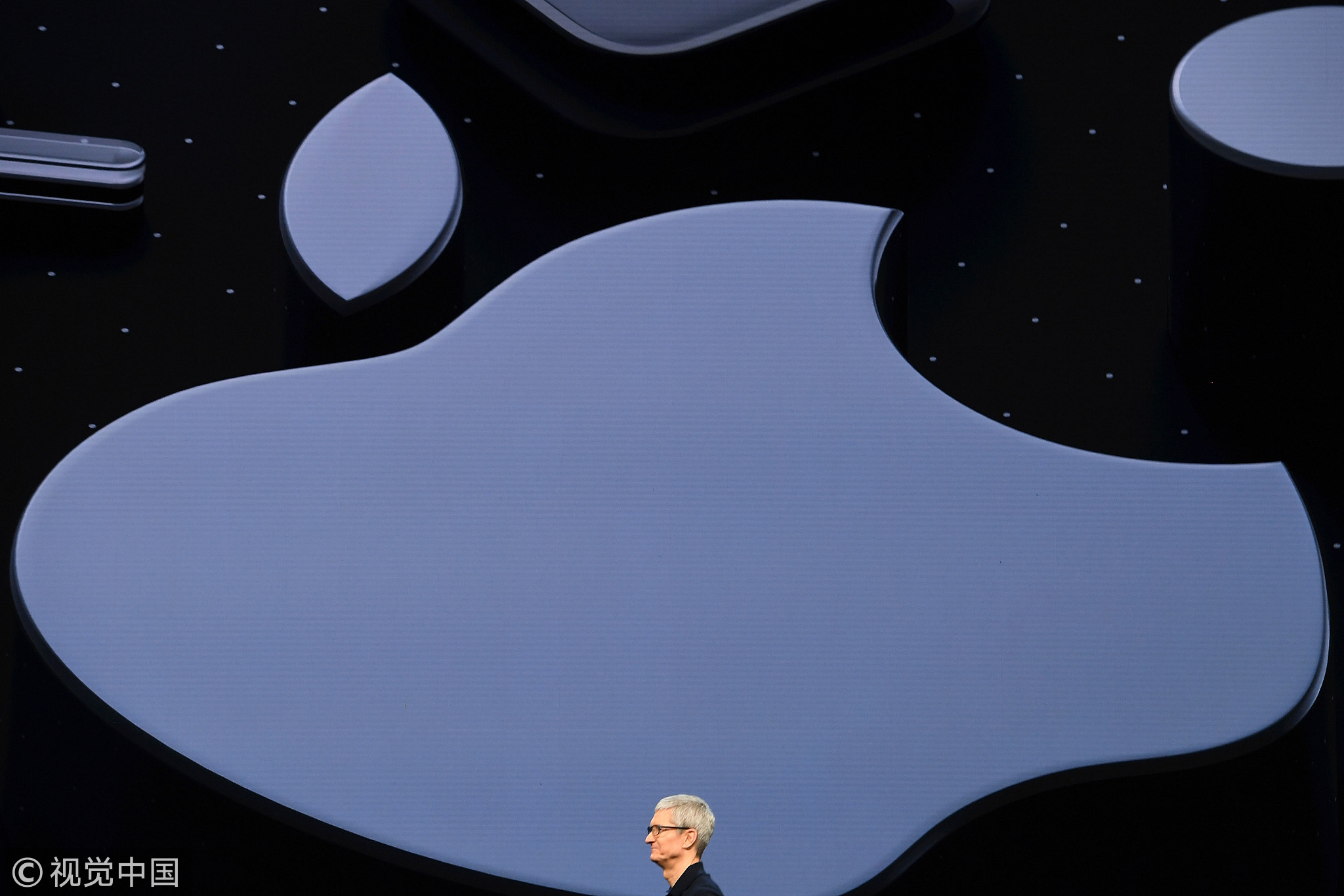
Opinions
15:04, 08-Jul-2018
Opinion: The US should look itself in the mirror to know economic aggression
Updated
14:38, 11-Jul-2018

Editor's note: The article is translated and edited from an original piece by Cheng Dawei, a research fellow at National Academy and Development and Strategy of Renmin University of China in China. The article was originally published on Guojiruiping's (International Review) Wechat official account.
So the trade war is on, literally. Both America and China's tariff measures have taken effect. The US has been preparing for the war for a long time, and the weapons it used have been "beautifully" organized in a paper published a month ago.
On June 19th, the White House issued a report entitled "How China’s Economic Aggression Threatens the Technologies and Intellectual Property of the United States and the World." The report said that the economic achievements made by China were through aggressive acts and government policies, which is blatant economic aggression.
Interestingly enough, no definition has been made on "economic aggression" in any clause of the international law. The word "aggression" that the US uses is, in fact, a serious charge that's only the US itself deserves when it fired the first shot in the trade war.
Cheng himself was born in Jilin Province, which was controlled by Japan during the Puppet Manchurian period. The "aggression" behavior as he understood was more related to sovereignty and forced occupation. Regarding "economic aggression," Japan indeed began the process with the establishment of a colonial economic system. The main purpose was to serve the needs of Japan's domestic economic development.
Japan's economic aggression was mainly through public plunder, smuggling, and low-price acquisition, which made the Northeast part of China lost its economic sovereignty and became a free supply place of resources for Japan.

Japanese soldiers near Qiqihar railway station in 1932. /VCG Photo
Japanese soldiers near Qiqihar railway station in 1932. /VCG Photo
After the end of World War II in 1945, the judgment of the International Military Tribunal held Japan account of war crimes. Robert Jackson, a prosecutor for the United States, said that "To initiate a war of aggression, therefore, is not only an international crime; it is the supreme international crime differing only from other war crimes in that it contains within itself the accumulated evil of the whole.”
But what is "economic aggression" in today's context after the War? The paper by the White House charges China with such a severe crime but never gives a specific definition, although it did list out four categories of such economic aggressions: protect China’s home market from imports and competition; expand China’s share of global markets; secure and control core natural resources globally; dominate traditional manufacturing industries.
But as Cheng points out, these four categories are all weak cases against China.
First, if China's protection on its domestic market is economic aggression, then what should we make of Trump's actions on imposing high tariffs on goods from China and many other countries under the America First philosophy? Forcing other countries to give in to America's interest-is it, not textbook aggressive announcement?
Secondly, if expanding China's share of the global market is a crime, then why did not the US look itself in the mirror when it takes the monopoly position of the upper stream of the global value chain, enjoying the full advantages of manufacturing and service trade? It is almost shocking to hear expanding the global market as a "crime" in a globalized age.
Thirdly, there is a huge difference between "controlling resource" and "trading resources." If it is economic aggression for China to buy energy products, again legally, what should we make the US's action on trying to control oil prices by overthrowing governments? There's the authentic aggression the US wants.
Fourthly, China does have a higher amount of traditional manufacturing industry. But still, there is a difference between the fact and America's accusation of "dominating." Following America's logic, its visible control and dominating role in the high-tech industry is aggression as well.

Tim Cook, the chief executive officer of Apple Inc., exits the stage during the Apple Worldwide Developers Conference (WWDC) in San Jose, California, U.S. on Monday, June 4, 2018. /VCG Photo
Tim Cook, the chief executive officer of Apple Inc., exits the stage during the Apple Worldwide Developers Conference (WWDC) in San Jose, California, U.S. on Monday, June 4, 2018. /VCG Photo
So if there are indeed actions can be attributed to "economic aggression," how should we define it?
According to Cheng's analysis, economic aggression should have the following characteristics: First, the subject of behavior is the state, and it is the behavior of one country against another country; second, such action has been implemented and caused severe damage. It is an attack on the overall economic ability of another country and a violation of its economic sovereignty. Third, such actions have obvious political objectives. Finally, the definition should be confirmed by international law and not arbitrarily by any country.
According to the above characteristics of economic aggression, Cheng attempts to define economic aggression as follows: economic aggression is the actions of violating of the international law, taking political acts that infringe the economic sovereignty of other countries and cause severe damage.
China has contributed a significant part to the world economy since it joined the WTO. During the economic crisis, China has insisted not to depreciate RMB, which served as the main stabilizer and engine of world economy. It is not, in any case, an aggressor.
Here are some questions for White House.
While accusing China as the aggressor, how should it explain their President's America First declaration and his protectionist measure recently? What should we make of American transnational corporations hiring cheap labor across the world and reap the interest standing firmly at the upstream of the global value chain?
And finally, isn't it the trade war against China initiated by the US the real economic aggression? When the White House figure out the logic in their own paper, they would realize they are drawing a self-portrait.

SITEMAP
Copyright © 2018 CGTN. Beijing ICP prepared NO.16065310-3
Copyright © 2018 CGTN. Beijing ICP prepared NO.16065310-3